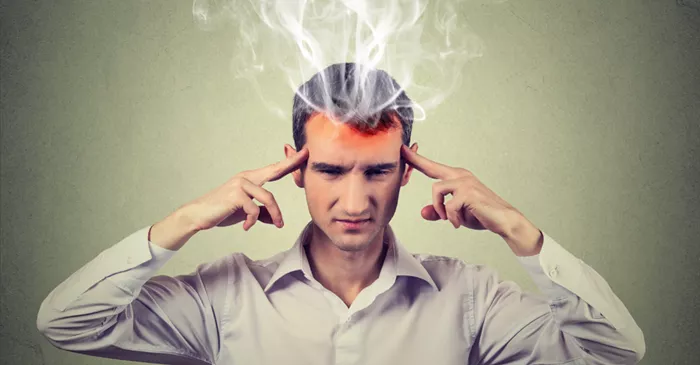Scientists have long known that some mental health disorders—like Tourette syndrome, schizophrenia, and ADHD—are more common or look different in males than in females. Now, new research using mice helps explain why.
A study published in JNeurosci by Meghan Van Zandt and Christopher Pittenger from Yale University explores how brain chemicals interact differently in male and female brains.
Their goal: to understand how sex differences affect brain disorders and to help create more effective, personalized treatments.
These brain disorders all involve a chemical messenger called dopamine, which helps control movement, attention, and mood. In earlier research, scientists also found that another compound—called histamine—might play a role in how dopamine works, especially in people with Tourette syndrome.
In their new study, Van Zandt and Pittenger tested how histamine affects dopamine levels in mice. They discovered something surprising: histamine changed dopamine levels in opposite ways in male and female mice.
In males, histamine made dopamine levels go down. In females, it made them go up. Even more interesting, the effect in females changed depending on their hormone cycle.
The researchers also found that histamine used different pathways in male and female brains to control dopamine.
These results suggest that future medications for brain disorders like Tourette syndrome, schizophrenia, and ADHD may need to be designed differently for males and females.
By targeting specific types of histamine receptors in the brain, doctors may be able to fix the dopamine problems more effectively—and do so in a way that takes a person’s sex into account.
In short, this mouse study gives us new clues about how male and female brains work differently, especially in conditions involving dopamine. It may help open the door to better, more customized treatments for serious mental health conditions.
Related topics:
- How Movement Boosts Brain Power In Kids With Autism, Study Finds
- Supportive Work Environments Help Employees Speak Up About Mental Health
- How Can Physical Activity Improve Mental Health?


